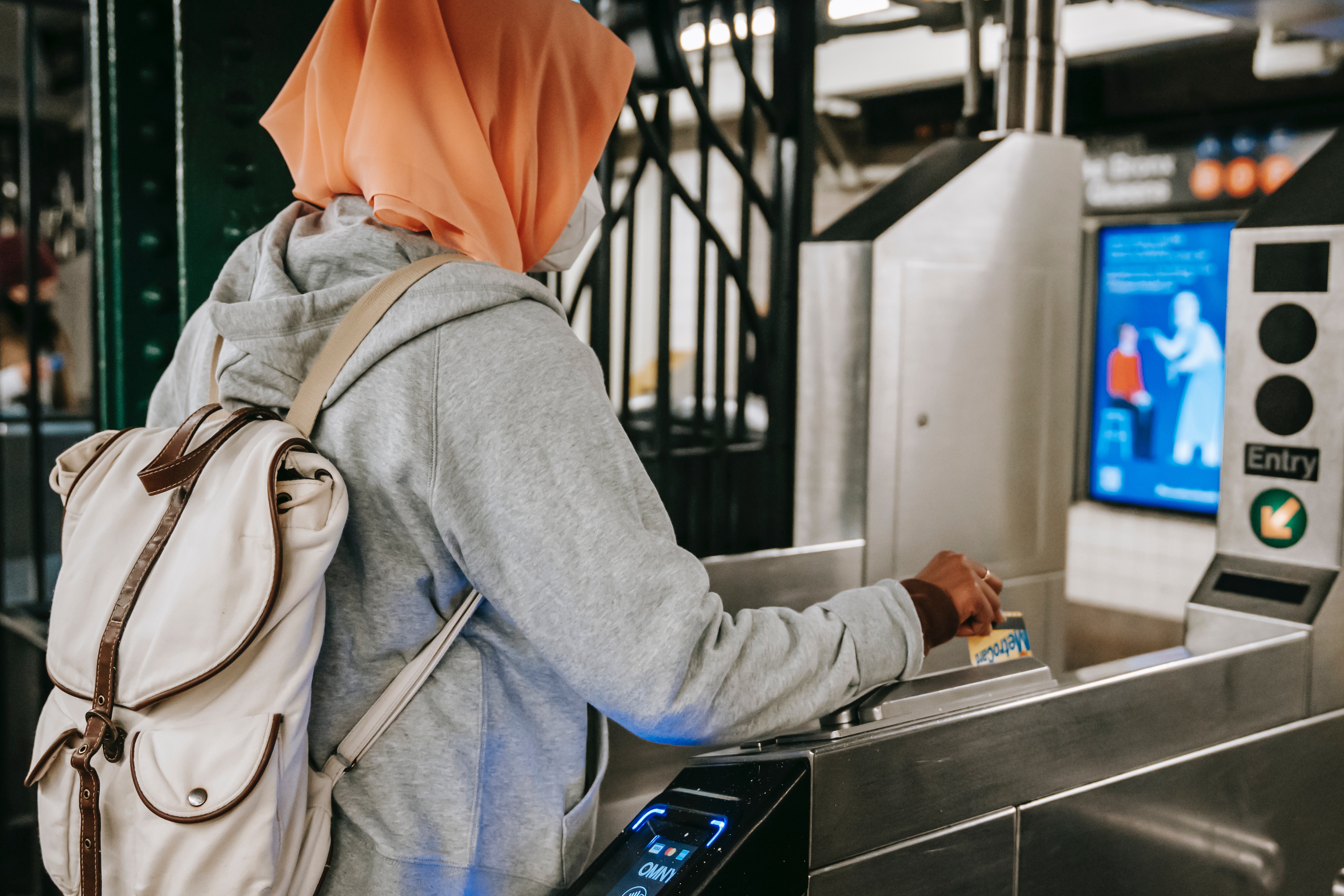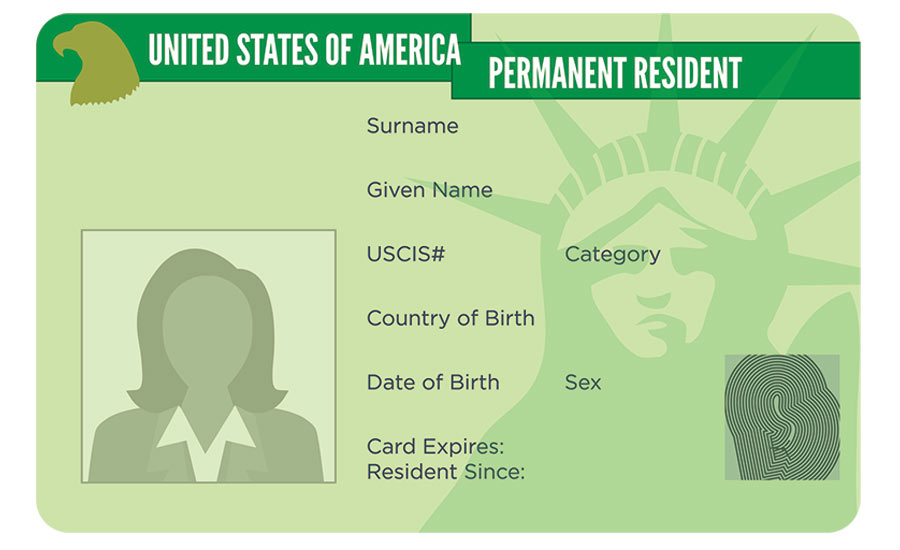Have you gone through the grueling application process, finally been accepted to your dream school, and are wondering what next? To make the most of this exciting journey, you need to be well-prepared, not only academically but also in terms of travel and lifestyle adjustments. In this article, we will explore essential traveling tips for international students moving abroad, ensuring a smooth transition and a memorable experience. Whether you’re headed to the United States, the United Kingdom, Canada, Australia, or any other destination, these tips will help you thrive during your study abroad adventure.

Visa and Documentation
Before packing your bags, ensure you have all the necessary documentation in place. The most crucial document for international students is the student visa. Each destination country has specific visa requirements, so make sure to check the official government website or the local embassy or consulate. Failing to obtain the correct visa can lead to legal issues and even deportation.
Additionally, keep copies of your passport, visa, and other essential documents both physically and digitally. It’s wise to have backup copies stored securely online, in case of theft or loss. Also, consider getting international health insurance, as medical expenses can be exorbitant without it.

Financial Planning While Moving Abroad
Studying abroad can be costly, and it’s crucial to manage your finances wisely. Create a budget that includes tuition fees, accommodation, transportation, food, and entertainment expenses. Look for scholarships, grants, or part-time job opportunities to ease the financial burden.
Opening a local bank account in your host country is advisable, as it can help you save on currency conversion fees and make managing your finances more convenient. Keep an eye on exchange rates and use currency conversion apps to stay updated on the value of your home currency in your host country.

Accommodation
Finding suitable accommodation is essential for your study abroad experience. Depending on your preferences and budget, you can choose from various options such as university dormitories, shared apartments, or homestays. Start your search early and consider factors like proximity to your university, safety, and amenities.
Popular websites and apps like Airbnb, Booking.com, and others can help find accommodation. Be cautious of scams and ensure that you communicate with landlords or hosts through reputable channels. Ask for references or read reviews if available.
Cultural Adaptation
Living in a foreign country means embracing a new culture and adapting to different customs and norms. Take the time to learn about the local culture, language, and etiquette. Engage with locals and fellow students to gain a deeper understanding of your host country’s way of life.
Don’t hesitate to seek help or counseling services provided by your university if you’re experiencing culture shock or homesickness. Many universities have international student support offices to assist with the transition.

Travel Essentials For Moving Abroad
Packing for your study abroad adventure requires careful consideration. Besides clothing and personal items, ensure you have the following travel essentials:
- Universal Power Adapter: Different countries have different plug types, so having a universal power adapter will keep your electronic devices charged.
- Travel Insurance: In addition to health insurance, consider comprehensive travel insurance that covers trip cancellations, lost luggage, and emergencies.
- Local SIM Card: Buying a local SIM card for your phone can save you money on international roaming charges and make it easier to stay connected with friends and family.
- Language Apps: Download language learning apps to help you pick up the basics of the local language.
Transportation
Navigating a new city or country can be challenging, so familiarize yourself with the local transportation system. Public transport options like buses, trams, and subways are often cost-effective and efficient ways to get around. If you plan to drive, be aware of local traffic rules and requirements for obtaining a driver’s license.
Consider getting an International Student Identity Card (ISIC), which can provide discounts on transportation, museums, and other attractions. Apps like Google Maps and local transportation apps can be invaluable for finding routes and schedules.

Safety and Health When Moving Abroad
Your safety and well-being should be a top priority when studying abroad. Research the safety situation in your host country and stay informed about any travel advisories. Register with your country’s embassy or consulate, so they can contact you in case of emergencies.
Maintain good health by eating balanced meals and staying active. Familiarize yourself with the local healthcare system, including the location of hospitals and clinics. Carry a small first-aid kit with essentials like band-aids and pain relievers.

Studying abroad is a remarkable opportunity for young African professionals to broaden their horizons and gain invaluable experiences. Remember to stay open-minded, embrace new experiences, and build lasting memories that will shape your personal and professional future.
At PTMA, we’re here to support you in your journey abroad. We offer a range of services to help young Africans prepare for their international studies and make the most of their study abroad experience. Contact us today to learn more about how we can help you on your study abroad journey.
Asiimwe Isaac is a multilingual copywriter with a global footprint, boasting over five years of experience across Asia, Africa, and Europe. His vast expertise spans tech, travel, lifestyle, education, and more, enabling him to effortlessly demystify topics across different fields. With an innate curiosity for different cultures and a love for learning, his writing resonates across borders, with a captivating perspective rooted in their extensive travel experiences.


